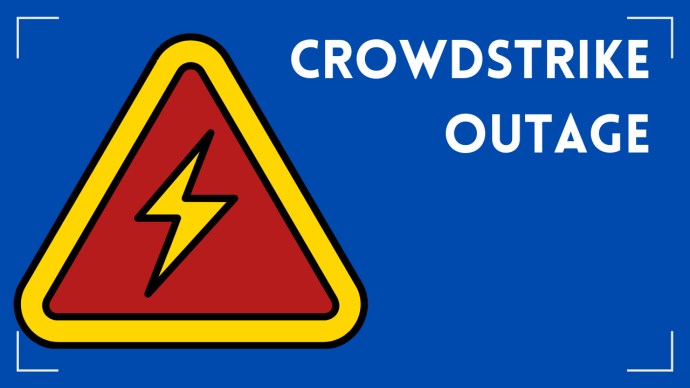COVID-19 Scams Threaten Australian Businesses
As loathsome as it may sound to everyday Australians, hackers are using the COVID-19 pandemic as an opportunity to commit online crimes. Yes, they are leveraging the pain, suffering, and loss of good people to line their pockets with ill-gotten gains at the expense of hard-working Aussies.
Thousands of coronavirus-themed scams have occurred since the outbreak. So prevalent have COVID-19 scams become that Minister for Defence Linda Reynolds has reportedly mobilised a counter-offensive via the Australian Signals Directorate (ASD) to disrupt the efforts of cybercriminals. Many are hiding behind international boundaries to avoid apprehension and prosecution.
The ASD has empowered the Australian Cyber Security Centre to take down and block COVID-19 scam websites and those laced with malicious applications in conjunction with tech giants Microsoft and Google. Because hackers can target an Australian business from halfway around the world, the ASD offensive may be the only way to slow the spread of COVID-19 scams.

What Australians Need To Know About COVID-19 Scams
It has been well reported that digital thieves activated thousands of phony coronavirus-themed domains beginning in January. As the contagion spread, cybercriminals began targeting regions where outbreaks and community fears were at their highest. These days, the COVID-19 crisis has people everywhere worried, and sophisticated COVID-19 schemes are pounding Australians.
The methodologies used by nefarious individuals tend to be somewhat limited, although effective. Online scam artists have relied on “phishing” or bulk email to trap unsuspecting people. These schemes generally entail an enticement that prompts someone to download a corrupt file or click on a malicious link.
“Spear phishing” schemes are scam websites that also give visitors a seemingly good reason to input personal data, including credit card information or bank accounts, among others. Once a link has been clicked to save the info or move to the next window, hackers pounce. Other activities include robocalls asking for money and text messages with malicious links. But the devil is in the details, as they say, and these are coronavirus scams that are proving increasingly hostile.
- Treatments: Scammers are offering phony cures, treatments, immunity boosters, and vaccines.
- Supply Chain: Cybercriminals are enticing people by deploying fake marketing schemes about overnight delivery of medical supplies, testing kits, and other items.
- Health Providers: Many digital con artists are posing as doctors, nurses, administrators, and hospitals. Some offer products, while others may demand payment for COVID-19 services rendered to a loved one.
- Charitable Donations: Scam websites often play on good-natured people who want to contribute and make a difference. Phony COVID-19 sites often falsely leverage credit card and bank information.
- Apps: Google Play and others have identified malicious apps proliferated under coronavirus guise. It’s crucial only to visit official websites such as the Australian Government Department of Health for pandemic information.
- Investment Schemes: Cybercriminals are rolling out promotions that claim organisations are about to market a cur, vaccine, or another lucrative discovery. The scheme insists that the company stock will skyrocket, and you should buy it now.
- News Alerts: More targeted scams include emails that appear to be from legitimate media outlets and have pertinent local information. The link, of course, is laced with malicious software.
Cybercriminals rely on everyday people making a fundamental mistake. Downloading a file, clicking on a link, or providing information allows them to insert malicious applications and access valuable data and accounts.
How to Prevent Falling Victim to a COVID-19 Scam
Digital thieves recognise that millions of people are now working remotely. Many have little, or no cybersecurity training, and home networks tend to lack top-tier protections. That’s why industry leaders may want to consider taking proactive measures such as increasing endpoint cybersecurity, establishing virtual private networks, and upgrading to business-grade firewalls and antivirus software for remote employees.
As a managed IT and cybersecurity leader, Sydney Technology Solutions delivers determined problem solving and thought leadership. We are here to help your employees and organisation stop hackers from stealing your digital assets.



